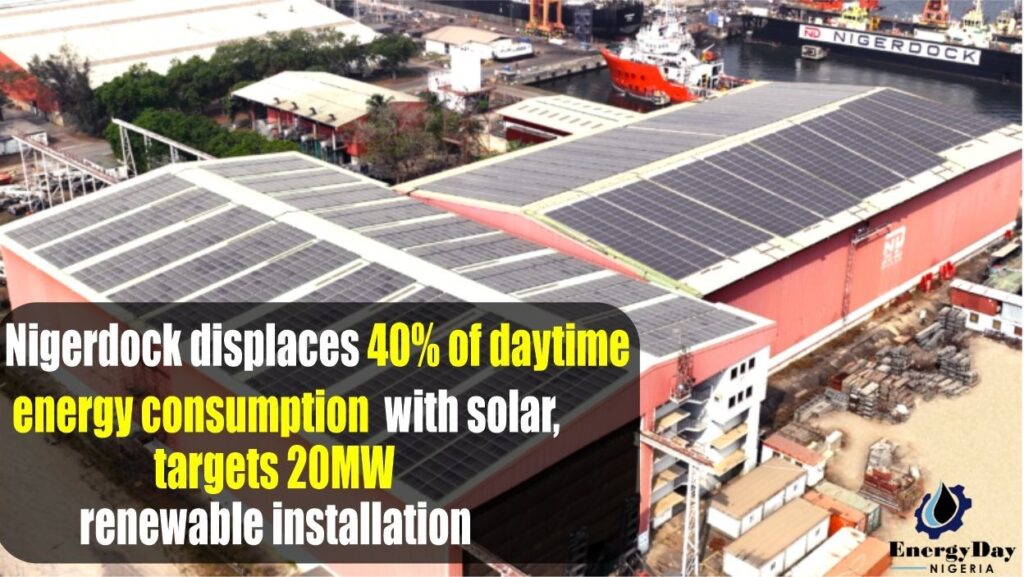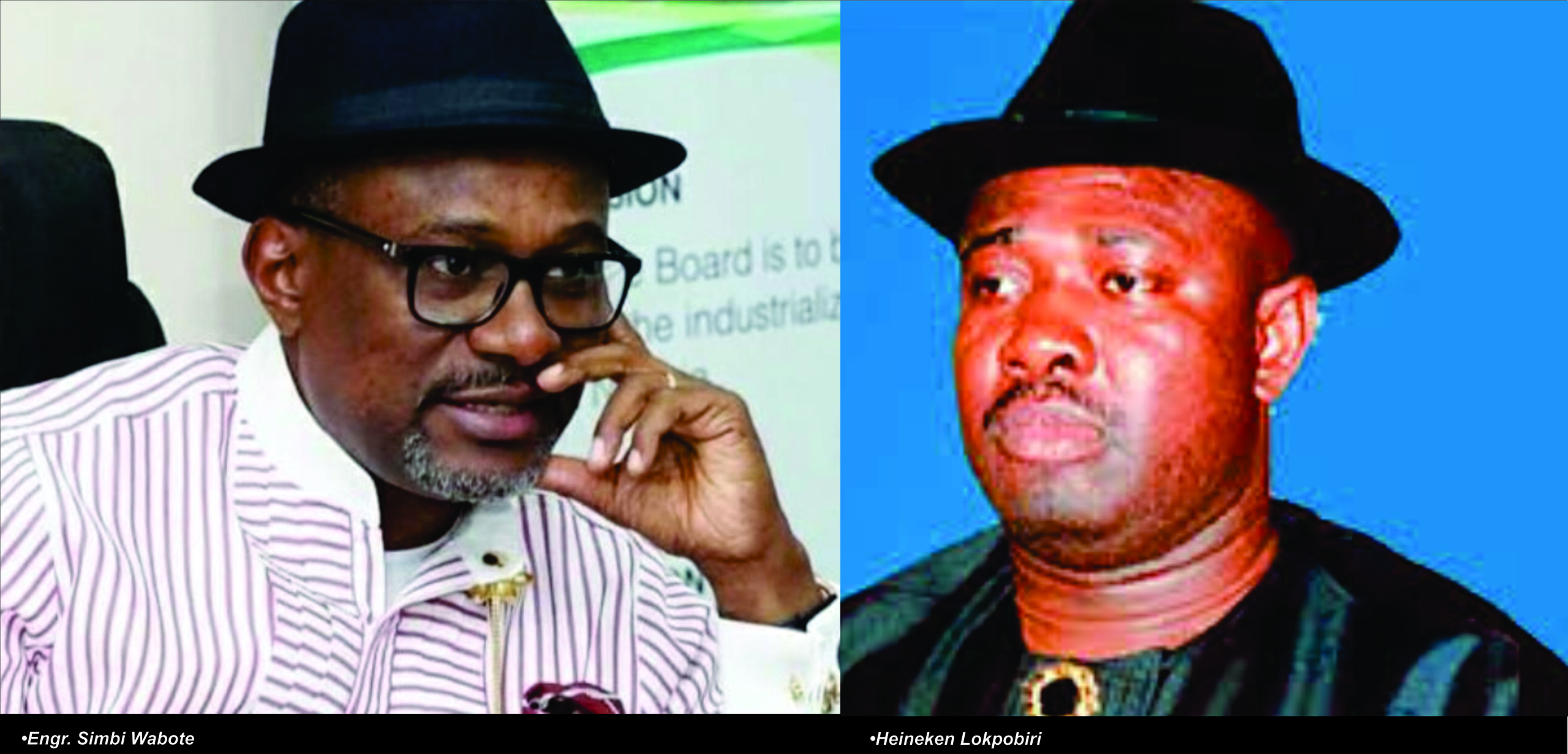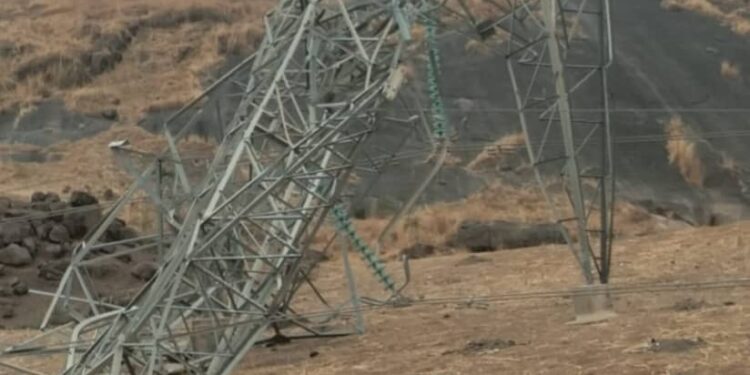Nigerdock displaces 40% of daytime energy consumption with solar, targets 20MW renewable installation

Oredola Adeola
Nigerdock has completed the first phase of its shift to renewable energy sources through the installation of solar solutions at Snake Island Integrated Free Zone.
This was contained in a statement by Kevin Johnson-Azuara, Chief Marketing Officer, Nigerdock FZE, Snake Island Integrated Free Zone, and obtained by EnergyDay.
According to Johnson-Azuara, Nigerdock is a leading Nigerian maritime and logistics company operating an integrated free zone and port terminals in Lagos, providing clients with terminal operations, logistics, marine services, and free zone solutions.
The company has engaged Daystar Power, a leading solar power company in West Africa, for the development of its energy plan.
Maher Jarmakani, Chief Executive Officer, Nigerdock, in his remark on the initiative, said, “As a self-sustaining economic hub, improving our energy consumption and reducing our carbon footprint is pivotal to our long–term operations and success.
He further said, “Our renewable energy solution will provide us and our growing clientele with consistent power and greater ease to conduct business.”
EnergyDay gathered that the current solar operations enable Nigerdock to displace 40% of its daytime energy consumption, thereby reducing the company’s Carbon dioxide (CO2) output by about 2,000 metric tons, while achieving significant emission reduction targets.
The project is part of a wider push by Nigerdock to develop 20MW in the midterm.
Christian Wessels, President of Daystar Power, in his comment on the project, confirmed that this is a great achievement for the region’s maritime industry, and we are proud to support Nigerdock’s growth and adoption of clean, reliable, sustainable, and cost-effective solar solutions to power the free zone.”
The solar power expansion is the next step in Nigerdock’s journey towards green port status, highlighting the company’s vision and commitment to Nigeria’s Climate Change Act, the Blue Economy, and the United Nations’ Sustainable Development Goals.





